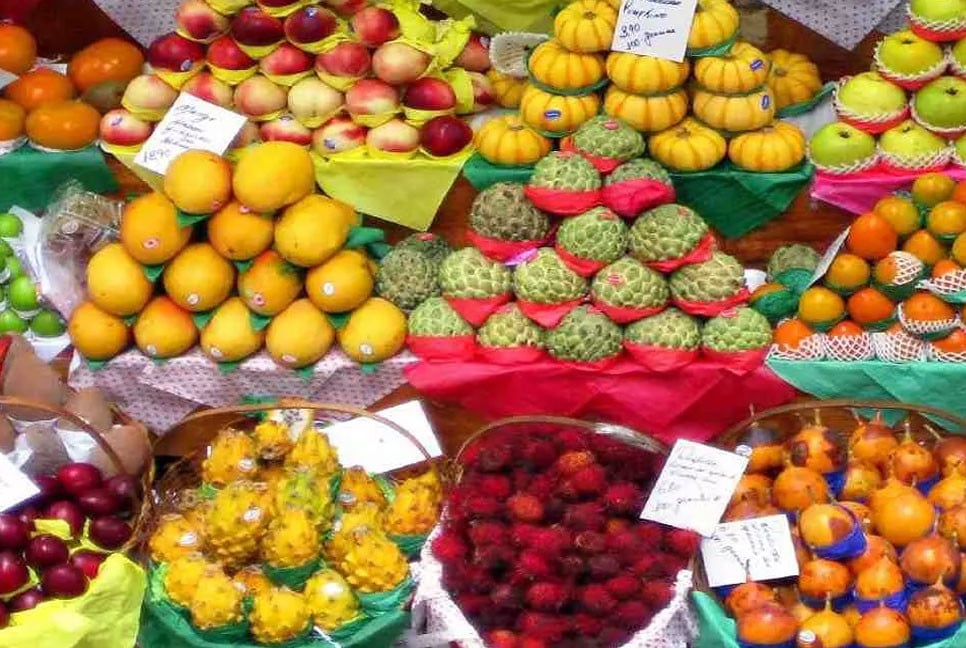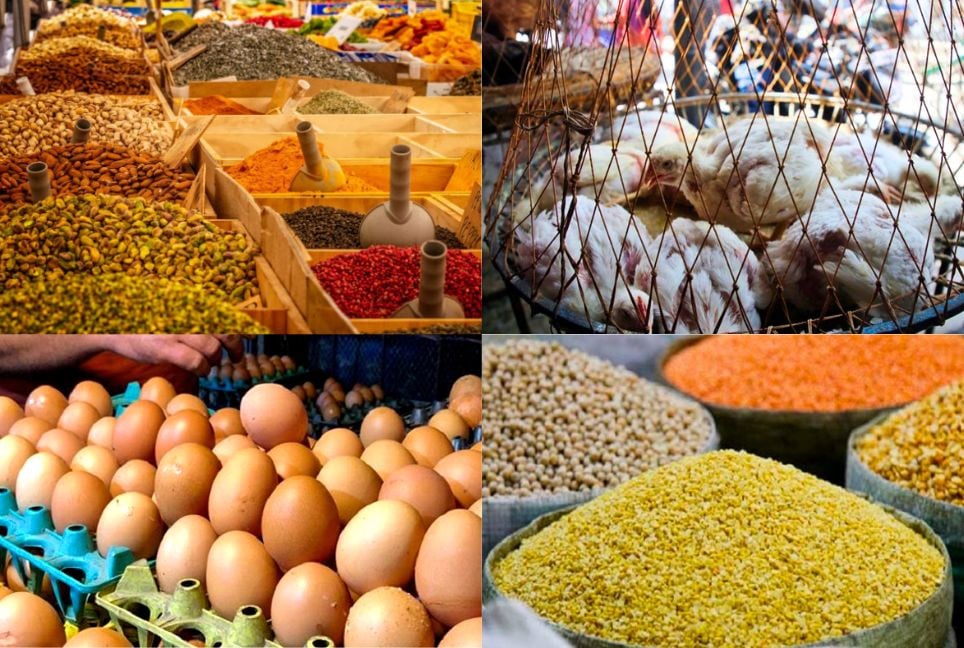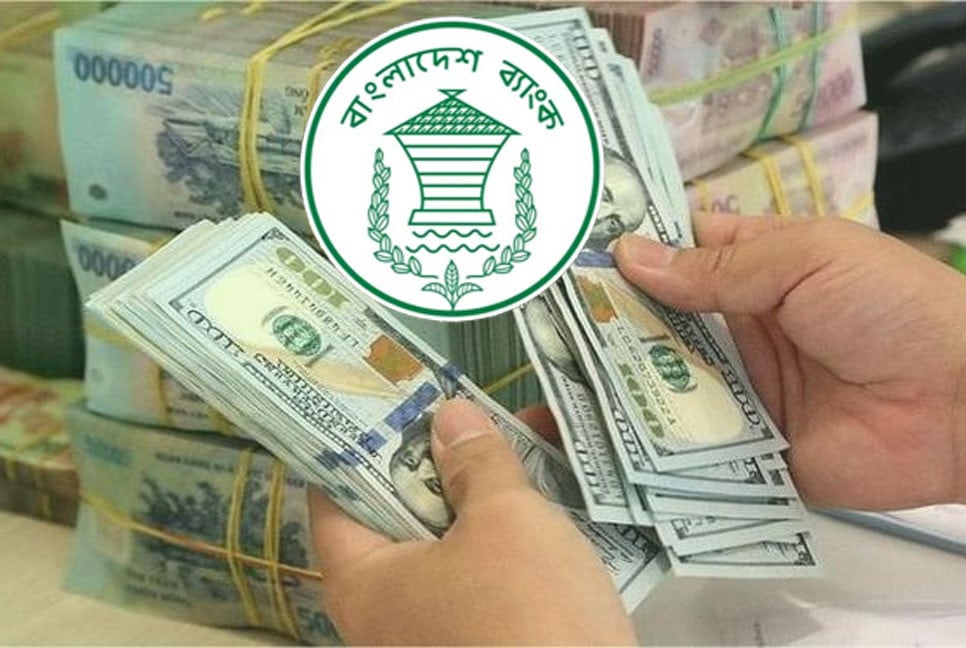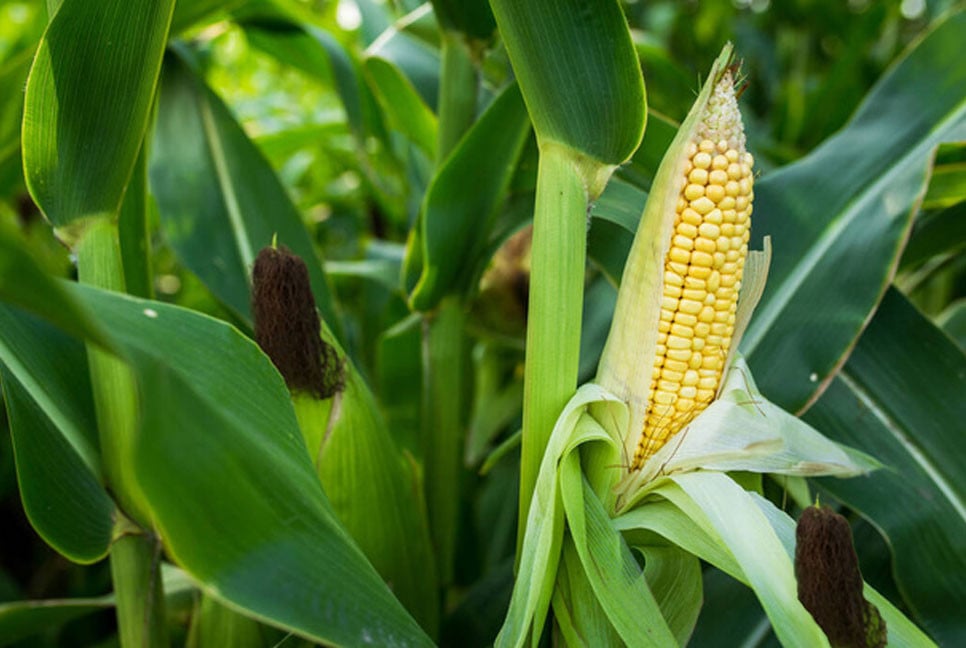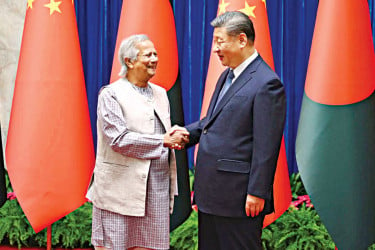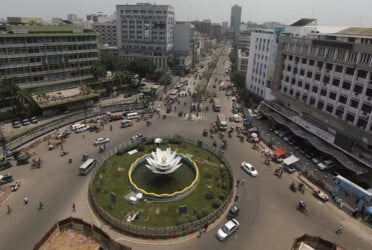The prices of imported fruits have soared by Tk30 to Tk100 per kilogram, following the imposition of higher supplementary duties on all imported fruits since January 9, 2025. The Bangladesh Fresh Fruits Importers Association (BFFIA) has reported that traders are significantly reducing the number of letters of credit (LCs) issued for fruit imports due to the higher customs duties.
Nuruddin Ahmed, Secretary of BFFIA, explained that both wholesale and retail prices of imported fruits have surged sharply, driven by the increased duties imposed by the National Board of Revenue (NBR). Importers are concerned that these steep price hikes will reduce consumer demand for imported fruits. Ahmed stated that if the government were to lower the import duties, the issuance of LCs would increase, leading to a more stable supply.
“The number of LCs opened for fruit imports has dropped by 30 percent since the duty hike on January 9, which has caused a reduced supply of fresh fruits in wholesale markets,” Ahmed said. The BFFIA has urged the Bangladesh Trade and Tariff Commission (BTTC) to intervene and remove the regulatory duties on fruit imports ahead of Ramadan. Additionally, the association has requested a reduction in VAT and Advance Income Tax (AIT), as fruits are perishable agricultural goods.
In response, BTTC Chairman Dr. Moinul Khan confirmed that the commission is working to ensure essential consumer goods, such as fruits, remain affordable. “We have already recommended that the NBR reduce VAT and import duties on fresh fruits to help keep them accessible for consumers during Ramadan,” he said.
A recent survey by UNB revealed that imported fruit prices have increased significantly. Oranges are now priced between Tk330 to Tk380 per kg, while malta costs around Tk300 per kg. Green apples are selling for Tk470 per kg, Chinese Fuji apples for Tk350 to Tk380 per kg, and pomegranates (dalim) range from Tk450 to Tk630 per kg. Other fruits like pears, grapes, and kiwis are also seeing price hikes.
The rise in imported fruit prices has also had a knock-on effect on locally produced fruits. Thai papaya is now priced at Tk150 per kg, guava at Tk90 to Tk100 per kg, and bananas at Tk80 to Tk120 per dozen.
Data from the NBR indicates that between October and January of the current fiscal year (FY2024-25), Bangladesh imported 102.4 million kg of grapes, apples, oranges, and pears. Over 38 varieties of fruits are imported from 22 countries, with apples, malta, oranges, grapes, and pineapples making up 95 percent of total imports.
Customs duties on imported fruits, including apples, oranges, grapes, pears, and pineapples, have steadily increased in recent years. The customs duty on these fruits rose from 89.32 percent in FY2021-22 to 113.80 percent in FY2022-23. In 2024, the duties were increased in two phases, reaching 136.20 percent. This means that for every Tk100 worth of imported fruit, an additional Tk136.20 in duties must now be paid.
Chittagong Port import statistics show a significant decline in fruit imports, with 589 million kg imported in FY2023-24 compared to 822 million kg in FY2021-22, a decrease of 28.24 percent. Wholesale traders in Chattogram have reported dwindling fruit supplies due to unloading delays, further exacerbating the situation.
Rafiq Sarder, a wholesale trader at Badamtola market, said that sales have drastically dropped, with traders who once sold fruit worth Tk5 lakh per day now struggling to reach even Tk1 lakh in sales. "This indicates a sharp decline in wholesale sales," he added.
Source: UNB
Bd-pratidin English/ Jisan

